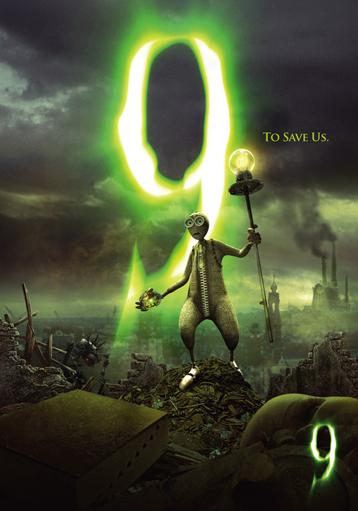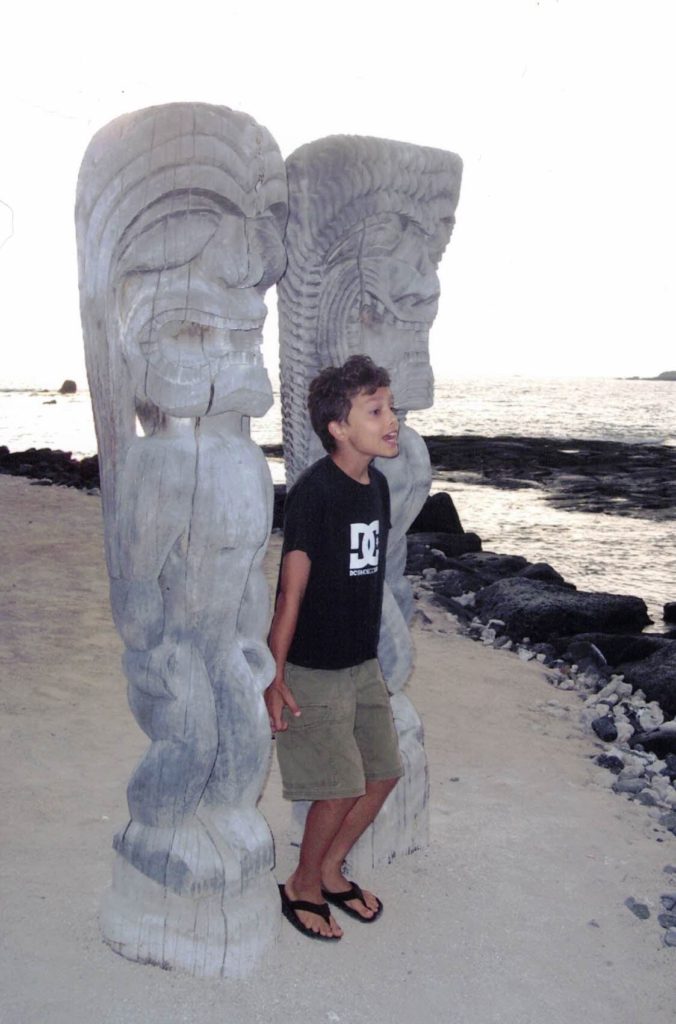I had this great idea many years ago. At the end of every school year, I would write a review of how that year was for my two sons, a separate entry for each, describing not only their progress but also their personality, their likes and dislikes, and things they said or did. As a writer, I figured that was the least I could do.
So, that idea lasted about two years. Life sort of got in the way, along with other writing endeavors. I had always meant to pick it back up again but never did. Then I started blogging, mostly about my children’s development, and I feel better about all those years that I didn’t write about the kids (although most of those years were documented in IEP paperwork). Their development is described in detail in over four hundred blog posts. I no longer feel like I should write about them individually once a year, because I write about them all year long.
But this year was a milestone year with Neil starting high school and making some incredible social gains, and now that we’ve reached the end of the first year, I thought I’d recap the highlights:
September: Neil advocated for himself for the first time at an IEP meeting and learned to safely and responsibly ride his bike to and from school independently.
October: Neil turned 15 and wrote a guest post. Also, he and I had a difficult discussion about not learning to drive yet, he successfully used his cell phone for the first time when he had a problem with his bike, and he revealed that, after many years of self-loathing, he is learning to accept his autism.
November: Neil, for the first time ever, joined a sports team, and my heart soared at his achievement. In other news, he prepared and drank a pizza smoothie.
December: Neil’s language skills took a step back (or sideways) with some lengthy delayed echolalia, and then dramatically forward with the most amazing conversation I’ve ever had with him.
January: Neil (with Adam) took his first solo flight! A mere week later, I overheard his first unprompted thank you! However, the month ended on a sad note due to his needing to quit the wrestling team for unfair reasons, but he handled it with the utmost maturity.
February: Neil attended his first high school dance, but he still exhibited some heartbreaking social vulnerability.
March: Neil and I watched the movie Adam together and had a great discussion about it, and Neil found his niche in his theater class, where he made some truly wonderful new friends. I got to meet some of them when Neil attended his first play and I accompanied him, where I witnessed a beautiful spontaneous hug.
April: Neil started shaving! And I experienced the wonderful novelty of enjoying myself in a restaurant with my sons and having a stranger compliment me on their behavior for the first time ever.
May: Neil went off of his medication and has been doing an amazing job overall of self-regulating difficult emotions and managing his behavior. He also achieved the rank of Star Scout after six years of Scouting.
June: Neil had a major seizure, his first.
As you can probably gather, Neil’s growth this year has been tremendous. When I look back to his earlier years, still not functionally verbal at age five with extreme sensory and behavioral issues, I can’t believe all that he has accomplished. This year alone blows me away. It’s been a lot of work, with a great deal of assistance in various forms, but he has continued to learn and to succeed on his own terms, as I knew he would. I know there will be future struggles; he still requires constant assistance academically and will continue to need help with social issues. But we’ll take it on. My son gives me so much hope that I can’t wait to see what the next school year will bring. I know it won’t be easy (none of it has been), but ultimately, it will be good.
Neil, age 11, being a tiki at Pu’uhonua National Historical Park, Hawaii, 2006



